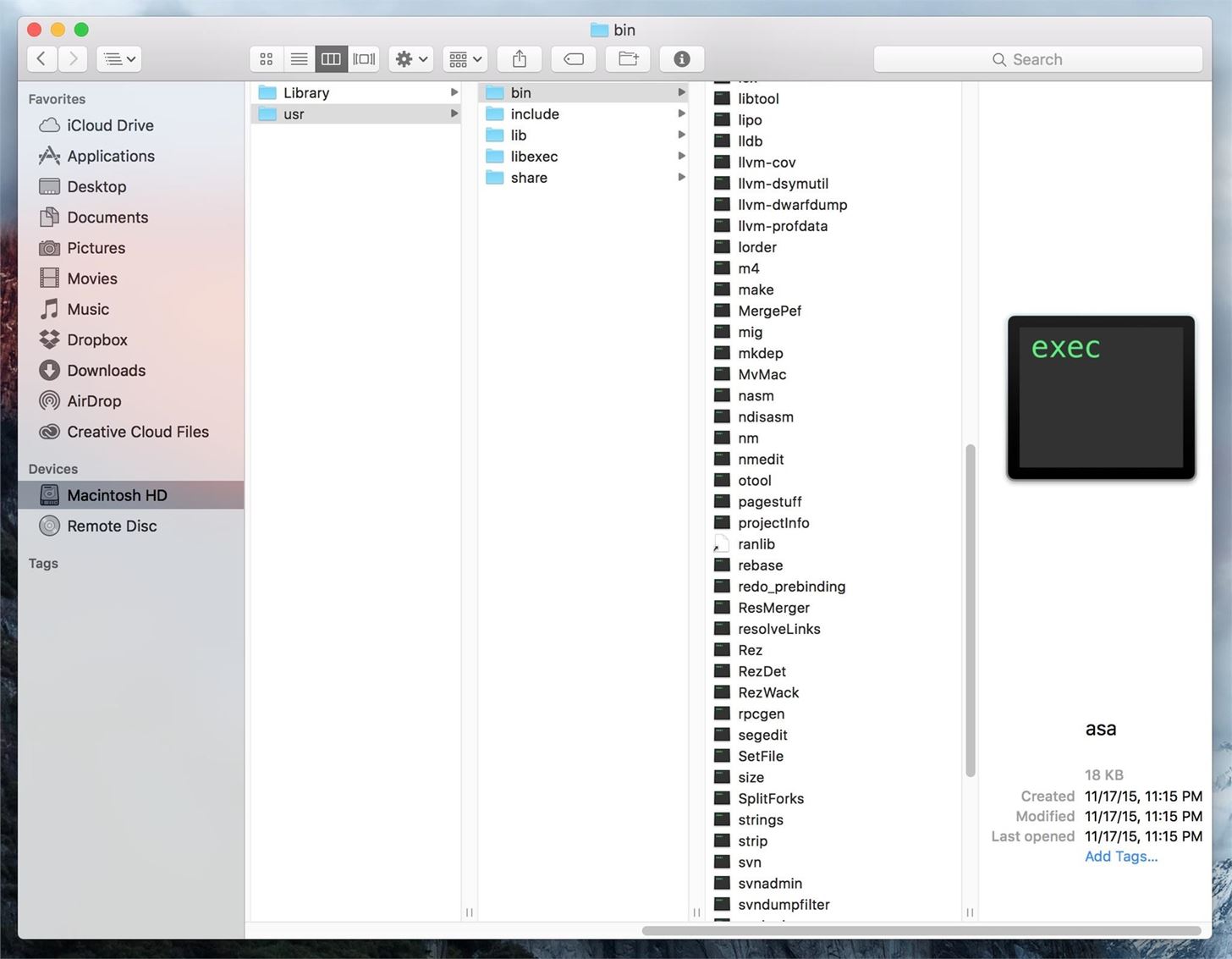고정 헤더 영역
상세 컨텐츠
본문
This is the first post in a series where he is sharing his experience using Clang tooling in his current team. Conformance and Compatibility. During the long development of C++ compilers so far, a few compilers have dominated in mainstream domains. MSVC 6 and GCC 2.95 have sometimes been described as ‘too successful’.
- Fixing Warning Messages That Appear On Clang For Mac Free
- Fixing Warning Messages That Appear On Clang For Mac Mac
Next:, Previous:, Up: Appendix B Errors Generated by Make Here is a list of the more common errors you might see generated by make, and some information about what they mean and how to fix them. Sometimes make errors are not fatal, especially in the presence of a - prefix on a recipe line, or the -k command line option. Errors that are fatal are prefixed with the string.
Fixing Warning Messages That Appear On Clang For Mac Free
Error messages are all either prefixed with the name of the program (usually ‘ make’), or, if the error is found in a makefile, the name of the file and line number containing the problem. In the table below, these common prefixes are left off. ‘ foo Error NN’ ‘ foo signal description’ These errors are not really make errors at all. They mean that a program that make invoked as part of a recipe returned a non-0 error code (‘ Error NN’), which make interprets as failure, or it exited in some other abnormal fashion (with a signal of some type). If no. is attached to the message, then the sub-process failed but the rule in the makefile was prefixed with the - special character, so make ignored the error. ‘ missing separator.
Stop.’ ‘ missing separator (did you mean TAB instead of 8 spaces?). Stop.’ This means that make could not understand much of anything about the makefile line it just read. GNU make looks for various separators (:, =, recipe prefix characters, etc.) to indicate what kind of line it’s parsing. This message means it couldn’t find a valid one. One of the most common reasons for this message is that you (or perhaps your oh-so-helpful editor, as is the case with many MS-Windows editors) have attempted to indent your recipe lines with spaces instead of a tab character.

In this case, make will use the second form of the error above. Remember that every line in the recipe must begin with a tab character (unless you set.RECIPEPREFIX; see ). Eight spaces do not count. ‘ recipe commences before first target.
Stop.’ ‘ missing rule before recipe. Stop.’ This means the first thing in the makefile seems to be part of a recipe: it begins with a recipe prefix character and doesn’t appear to be a legal make directive (such as a variable assignment). Recipes must always be associated with a target. The second form is generated if the line has a semicolon as the first non-whitespace character; make interprets this to mean you left out the 'target: prerequisite' section of a rule. ‘ No rule to make target ` xxx'.’ ‘ No rule to make target ` xxx', needed by ` yyy'.’ This means that make decided it needed to build a target, but then couldn’t find any instructions in the makefile on how to do that, either explicit or implicit (including in the default rules database).
Fixing Warning Messages That Appear On Clang For Mac Mac
If you want that file to be built, you will need to add a rule to your makefile describing how that target can be built. Other possible sources of this problem are typos in the makefile (if that file name is wrong) or a corrupted source tree (if that file is not supposed to be built, but rather only a prerequisite). ‘ No targets specified and no makefile found. Stop.’ ‘ No targets. Stop.’ The former means that you didn’t provide any targets to be built on the command line, and make couldn’t find any makefiles to read in.
The latter means that some makefile was found, but it didn’t contain any default goal and none was given on the command line. GNU make has nothing to do in these situations.

‘ Makefile ` xxx' was not found.’ ‘ Included makefile ` xxx' was not found.’ A makefile specified on the command line (first form) or included (second form) was not found. ‘ warning: overriding recipe for target ` xxx'’ ‘ warning: ignoring old recipe for target ` xxx'’ GNU make allows only one recipe to be specified per target (except for double-colon rules). If you give a recipe for a target which already has been defined to have one, this warning is issued and the second recipe will overwrite the first. ‘ Circular xxx.
As others have pointed out you should use clang rather than g. Also, you should use the libc library instead of the default libstdc; The included version of libstdc is quite old and therefore does not include C11 library features. Clang -std=c11 -stdlib=libc -Weverything main.cpp If you haven't installed the command line tools for Xcode you can run the compiler and other tools without doing that by using the xcrun tool. Xcrun clang -std=c11 -stdlib=libc -Weverything main.cpp Also if there's a particular warning you want to disable you can pass additional flags to the compiler to do so.

At the end of the warning messages it shows you the most specific flag that would enable the warning. To disable that warning you prepend no- to the warning name. For example you probably don't want the c98 compatibility warnings. At the end of those warnings it shows the flag -Wc98-compat and to disable them you pass -Wno-c98-compat.




